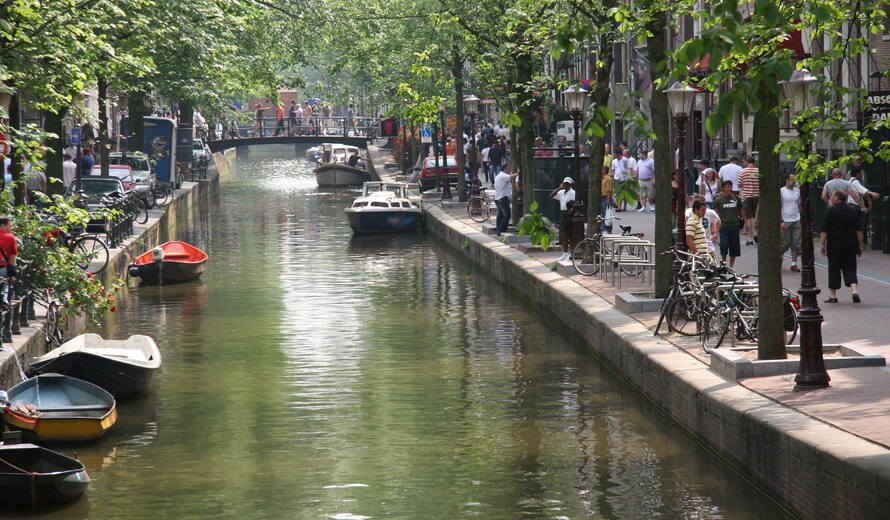World Tourism Day, 27 September 2015: “One Billion Tourists, One Billion Opportunities”
The UNESCO Heritage Division and its World Heritage Centre is very pleased to participate in World Tourism Day, especially given the collaboration of the World Heritage Convention with the UN World Tourism Organization (UNWTO), in efforts to develop sustainable tourism.
World Heritage sites are the most outstanding cultural and natural places in the world, so they are often among the most popular tourist destinations. Cultural tourism is one of the largest and fastest-growing global tourism markets. Culture and creative industries are increasingly used to promote destinations, and many places are looking at how they can develop their cultural assets to enhance their uniqueness in a progressively globalized world.
With the number of tourist arrivals having exceeded 1 billion, UNESCO and its partners continue their efforts towards minimizing negative impacts of increasing tourist flows, promoting sustainable and responsible tourism to World Heritage sites.
The UNESCO World Heritage and Sustainable Tourism Programme (WH+ST) was established by the World Heritage Committee in 2012 to provide an international framework for cooperative and coordinated sustainable tourism development at World Heritage properties—including the key factors of sustainability, national pride, community benefit, economic development and heritage conservation.
Major progress has already been made in capacity development for World Heritage site managers and other key players in tourism. “How-to Guides” have been developed and focus on core issues such as developing strategy for progressive change, engaging local communities, communicating with visitors and securing funding and investment. Testing of the tool in 15 pilot sites in the Nordic-Baltic region during 2014 led the region to committing to becoming an international model region for World Heritage and sustainable tourism.
The WH+ST Programme is also undertaking the project “Sustainable tourism capacity building in four African World Heritage sites” including practical trainings and workshops, and a similar project is underway in South-East Asia, focusing on three sites in the region.
Another tool, an analytical framework and sustainable tourism checklist has been created for heritage management authorities, allowing them to establish a baseline for sustainable tourism and assess progress over time.
In February 2015, the UNESCO/UNWTO Global Conference on Culture and Tourism took place in Siem Reap (Cambodia). It brought together, for the first time, ministers of culture and tourism to explore and advance new partnership models between tourism and culture. In this framework, UNESCO will pursue a goal of supporting governments and local stakeholders to safeguard heritage, strengthen creative industries and encourage cultural pluralism through tourism.
With over one billion tourists travelling the world each year, it is important for travellers to make the right ethical choices, thus contributing to preserve natural and cultural heritage of the communities they visit. UNESCO continues to work closely with UNWTO and UNODC to promote the global campaign “Your Actions Count – Be a Responsible Traveller”, raising awareness about the most common illicit goods and services that tourists might be exposed to while travelling. This campaign provides guidance to recognize possible situations of illicit trafficking, among which the theft and trafficking in cultural art, and calls for responsible consumer choices of travellers.
UNESCO will continue to create networks of key stakeholders to coordinate the destination management and marketing associated with the different heritage routes to promote and coordinate high-quality, unique experiences based on UNESCO recognized heritage. The goal is to promote sustainable development based on heritage values and create added tourist value for the sites.
For more information, visit the WH+ST Programme webpage:
